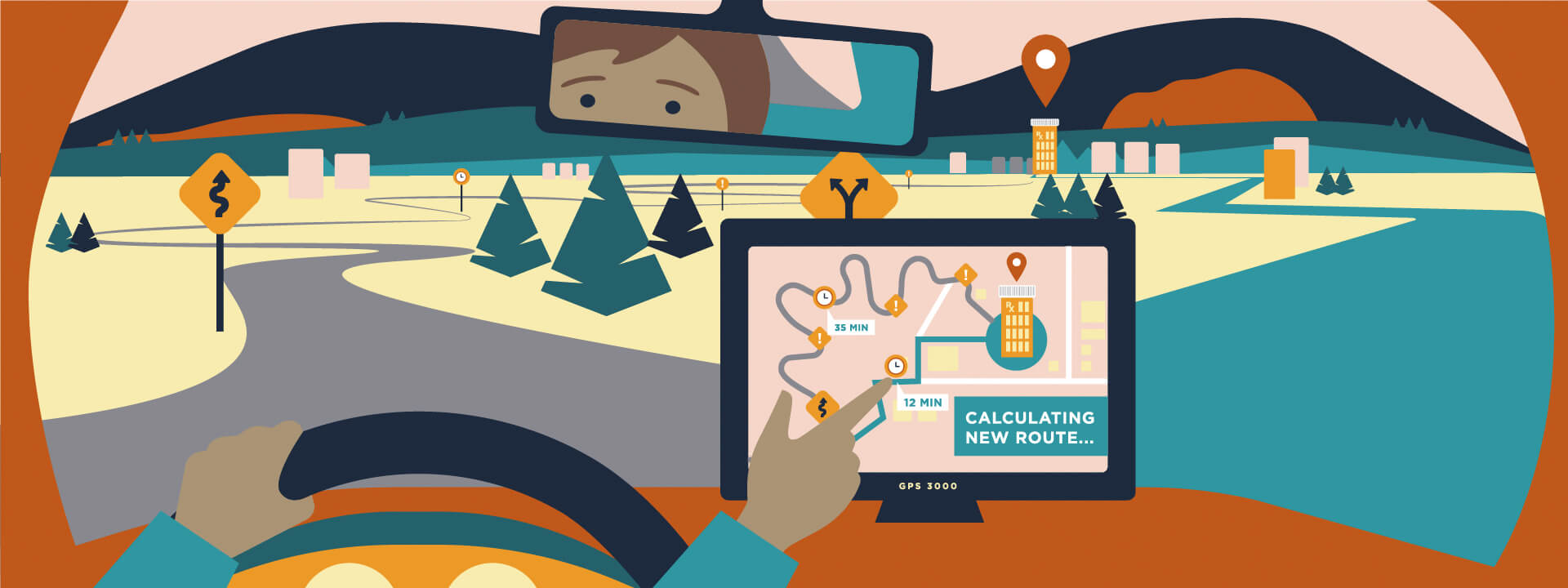There are many reasons patients don't always see their pharmacist as a critical part of their care journey, as recently explained by Larry King, Surescripts Manager of Clinical Informatics.
A patient's pharmacist tends to be the last stop on a sometimes long and difficult healthcare journey. After a doctor's visit, labs, tests and possibly a procedure, all they want to do is go home. And in the time of COVID-19 especially, patients who only interact with their pharmacist in a busy drive-thru might not want to take the time to ask questions.
Patient issues aren't the only barriers separating them from their pharmacists. On the other side of the counter, the pharmacist must meet many competing demands: medication dispensing, vaccinations, insurance issues, phone calls, paperwork and more. In fact, a recent poll found that nearly 8 in 10 pharmacists cited increased work volume as a contributor to growing stress levels, and 37% pointed specifically to increased paperwork.
Yet, the conversation between a pharmacist and their patient is a critical step. As a practicing pharmacist for years, King knows this well. "You want to do everything you can to be in front of the patient and to have that conversation about what they can expect," because, as King puts it, "you're going to have better outcomes."
See how pharmacists play a critical role in everything from medication adherence to lowering costs, and how we help them along the way. And visit Intelligence in Action to learn more about the critical issues impacting healthcare.


 Dean Riggott Photography
Surescripts
Dean Riggott Photography
Surescripts


